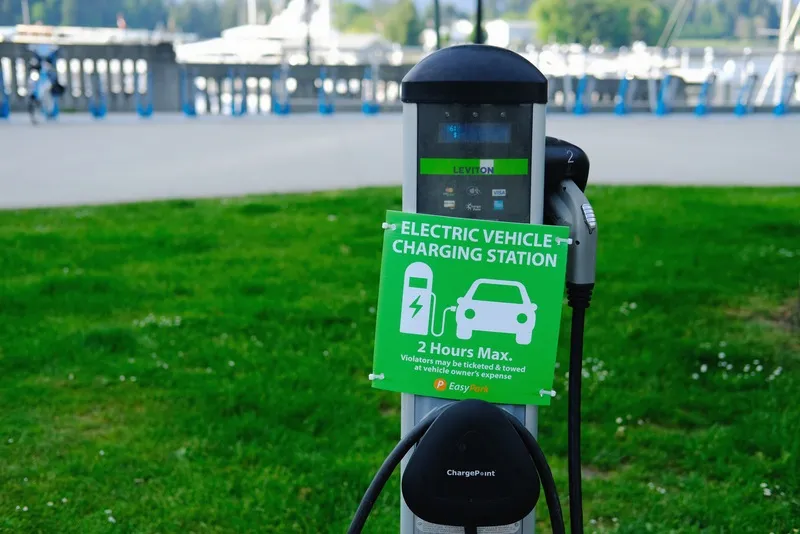Adasens has entered a partnership to provide its portfolio of computer vision functions to Videantis in a project that aims to bring advanced sensing technologies to self-driving vehicles and automotive advanced driver assistance systems applications. Videantis will also offer its low-power, high-performance embedded vision processor to the agreement.
December 7, 2017
Read time: 1 min
Adasens has entered a partnership to provide its portfolio of computer vision functions to Videantis in a project that aims to bring advanced sensing technologies to self-driving vehicles and automotive advanced driver assistance systems applications. Videantis will also offer its low-power, high-performance embedded vision processor to the agreement.
Videantis' processor architecture is said to carry out fast machine vision and image processing tasks at low power levels, which enable the technology to be embedded into smaller electronic control units and tiny cameras.
Marco Jacobs, VP Marketing at videantis, said, “We’ve been working together with Adasens already for some time. Intelligent automotive cameras that include our vision processors have already hit the market and mass production will start in 2019. Key OEMs and Tier 1s have chosen Ficosa and Adasens as the suppliers of the cameras and computer vision functions, respectively, for their next-generation vehicles, and we’re proud to be working with them.”
Videantis' processor architecture is said to carry out fast machine vision and image processing tasks at low power levels, which enable the technology to be embedded into smaller electronic control units and tiny cameras.
Marco Jacobs, VP Marketing at videantis, said, “We’ve been working together with Adasens already for some time. Intelligent automotive cameras that include our vision processors have already hit the market and mass production will start in 2019. Key OEMs and Tier 1s have chosen Ficosa and Adasens as the suppliers of the cameras and computer vision functions, respectively, for their next-generation vehicles, and we’re proud to be working with them.”









